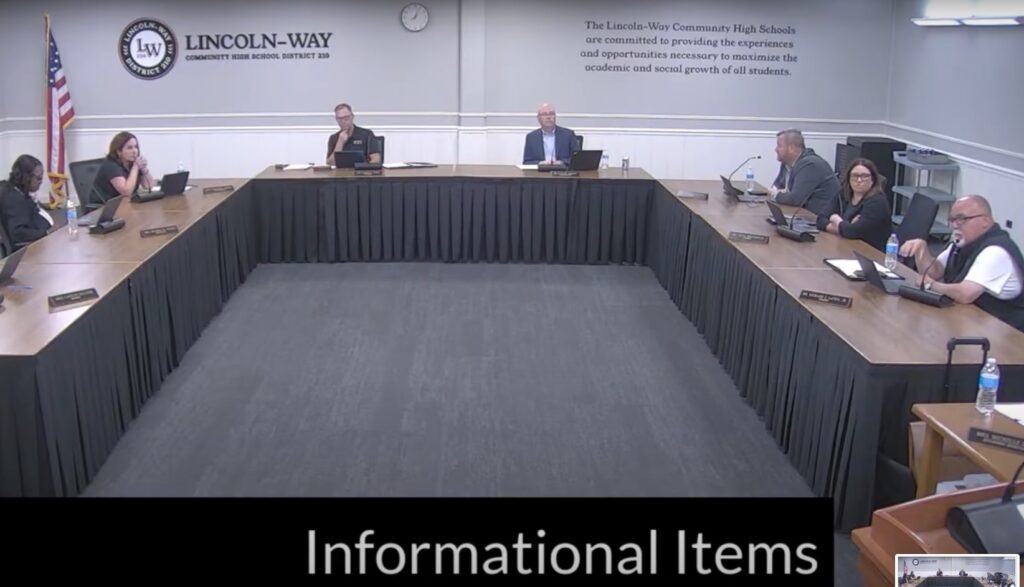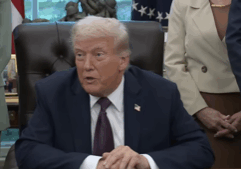
What a terrorist designation could mean for Antifa
President Donald Trump declared Antifa a terrorist organization on Wednesday, describing them as a “sick, dangerous, radical left disaster;” however, it’s unclear at this time if or how the president will make the designation official, and what it all means for the group.
The Anti-Defamation League, a group that fights “all forms of antisemitism and bias,” defines Antifa as a “decentralized, leaderless movement composed of loose collections of groups, networks and individuals.”
Awareness of the movement, whose name stands for “anti-fascist,” spread in 2020, when its members were active in Black Lives Matter protests, riots, looting and clashes with police.
Domestic terrorism is defined in federal law as criminal acts occurring in the U.S. that either threaten human life, are intended to coerce or intimidate civilians or to influence government policy or action. But, domestic terrorism on its own is not a criminally chargeable offense.
Congress has considered the possibility of new domestic terrorism laws, but concerns over constitutional rights have seemingly prevented lawmakers from doing so.
“Any congressional consideration of additional legislation in the area of domestic terrorism—such as a criminal statute expressly prohibiting acts of domestic terror—would necessarily involve a broader discussion of potential policy concerns and constitutional constraints,” reads a report by the Congressional Research Service.
“Legislation seeking to address domestic terrorism also may implicate certain constitutional considerations, such as First Amendment protections of speech and association, Fourth Amendment restrictions on government searches, and broader federalism-based restraints on federal jurisdiction in general,” the authors added.
In his Wednesday post on Truth Social, in addition to the terrorist designation, Trump implied that any groups financially supporting Antifa could expect federal scrutiny.
“I will also be strongly recommending that those funding ANTIFA be thoroughly investigated in accordance with the highest legal standards and practices,” he wrote.
In a response to a question from The Center Square regarding Antifa, the president mentioned going after the group through the Racketeer Influenced and Corrupt Organizations Act, or RICO, a federal statute that was critical to the FBI’s takedown of the American mafia. It allowed prosecutors to hold mob bosses and other leaders accountable for crimes they directed lower-level members to commit.
“I’ve asked Pam [Bondi] to look into that in terms of bringing RICO cases… criminal RICO,” Trump said, “because what they’re doing to this country is really subversive.”
However, many have noted that it may be difficult to do since RICO was created for organized crime, and Antifa is allegedly leaderless.
Latest News Stories
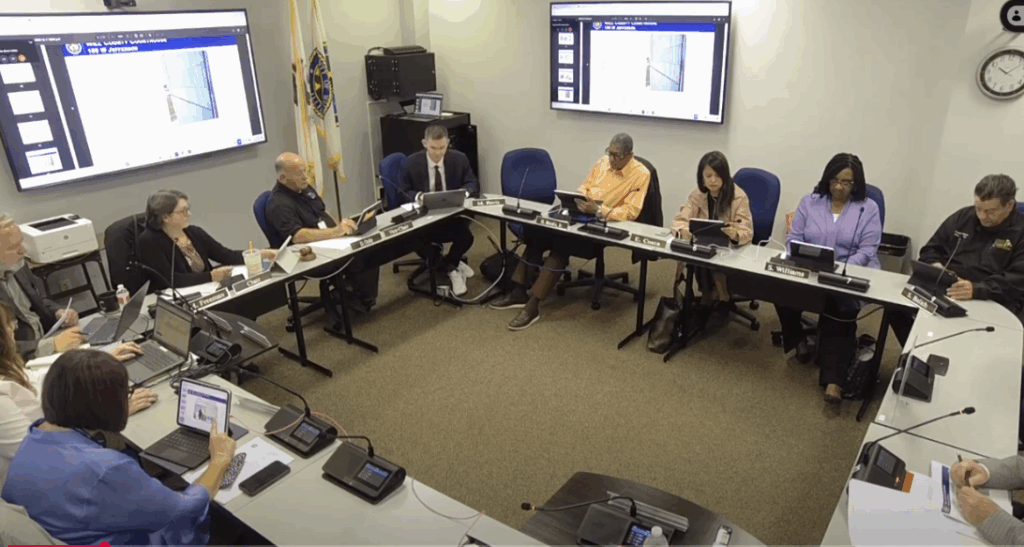
Will County Eyes Major Overhaul to Consolidate Scattered Government Offices
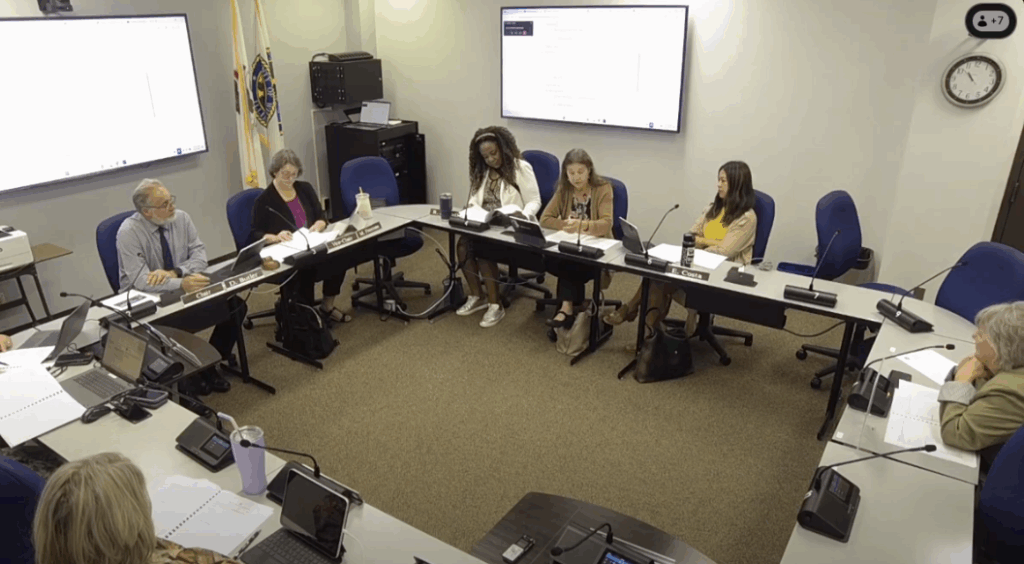
Sheriff’s Office Reports Crime Down 10%, Cites Body Cam Footage as Main Challenge of Safety Act
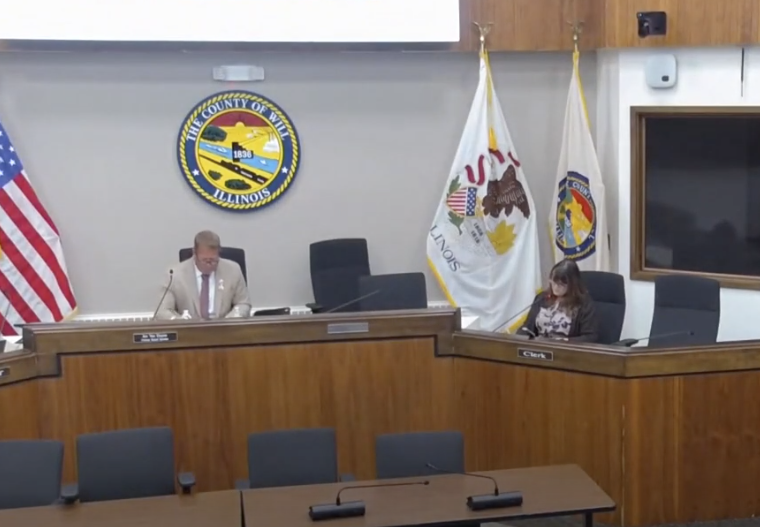
Will County Considers Moving Land Use Public Hearings Away from Full Board Meetings
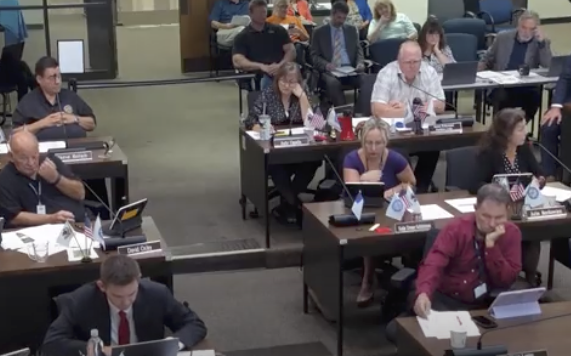
Meeting Summary and Briefs: Will County Board for September 18, 2025

Meeting Summary and Briefs: Lincoln-Way Community High School District 210 Board of Education for September 18, 2025
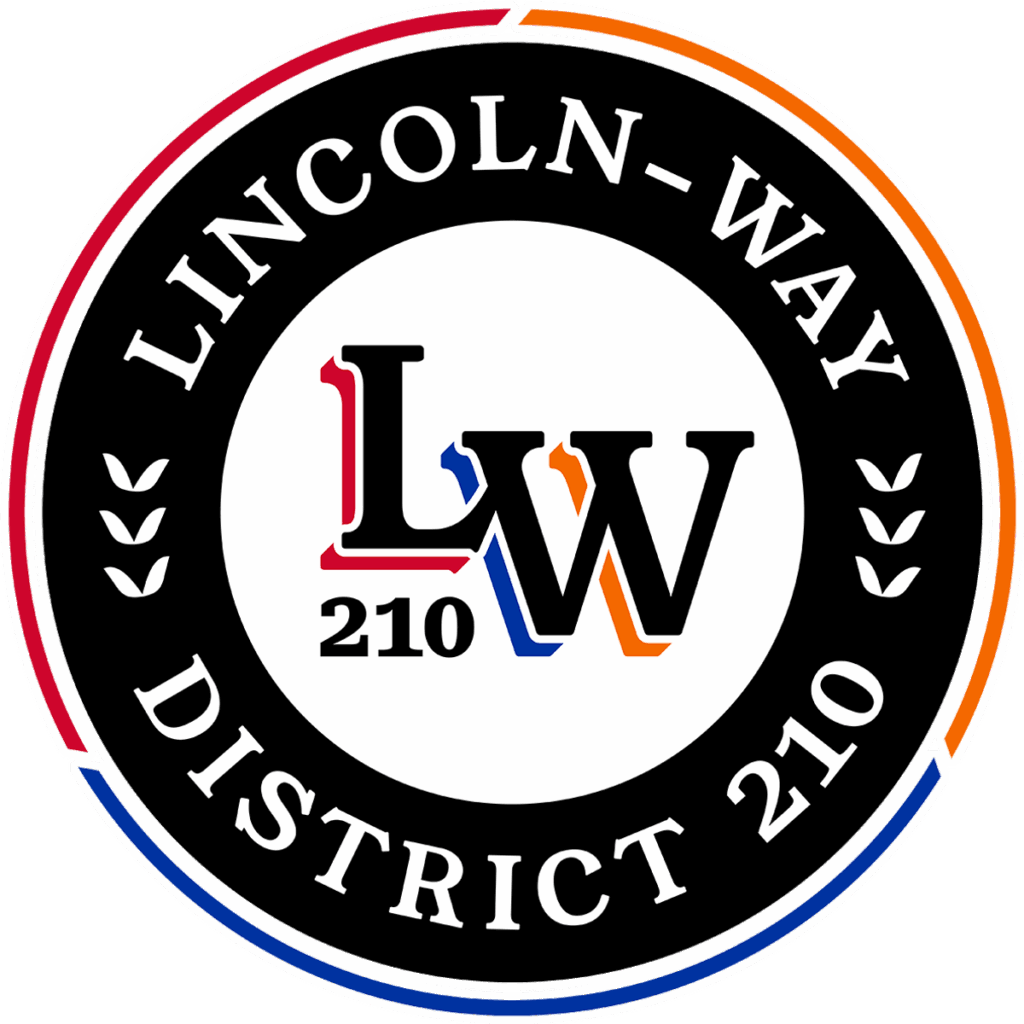
Lincoln-Way 210 to Launch District Literacy Plan, Expands Community Partnerships
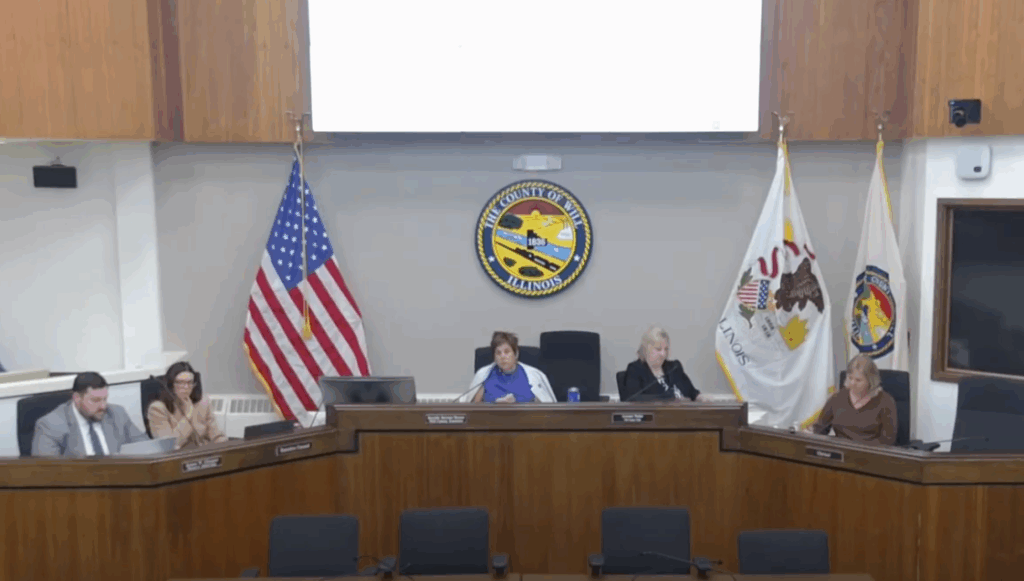
County Board Abates Over $25 Million in Property Taxes for Bond Payments
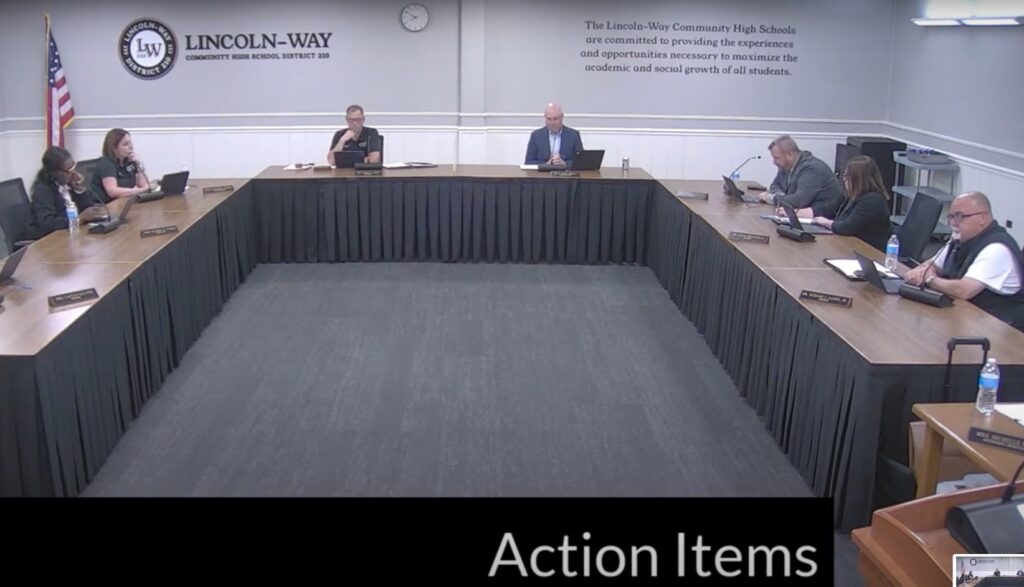
Lincoln-Way 210 Prepares for “Retirement Wave” with Focus on Recruitment

Meeting Summary and Briefs: Village of New Lenox Board of Trustees for September 22, 2025
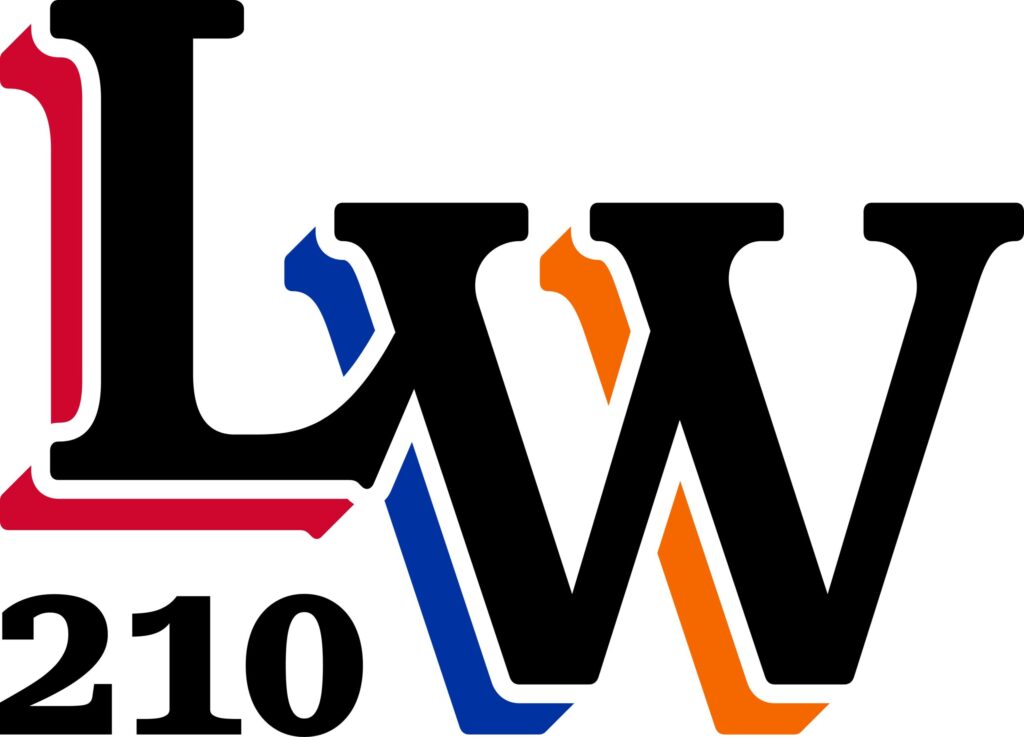
Lincoln-Way Board Weighs Community Solar Program Promising $155,000 in Annual Savings

Meeting Summary and Briefs: New Lenox Fire Protection District for August 2025

Meeting Summary and Briefs: New Lenox School District 122 for August 2025
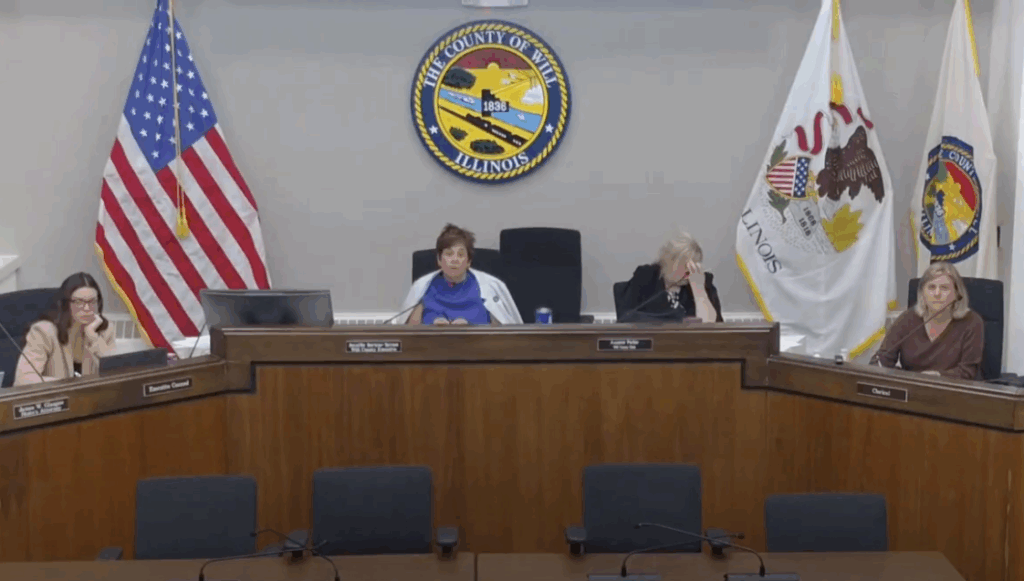
Will County Reverses Zoning on Peotone Farmland to Facilitate 10-Acre Sale

Meeting Summary and Briefs: Joliet Junior College Board of Trustees for September 10, 2025
